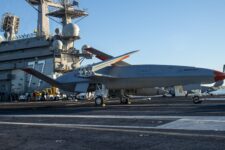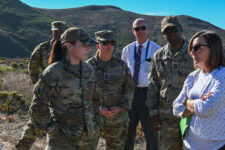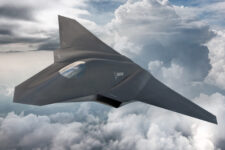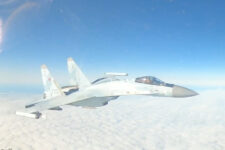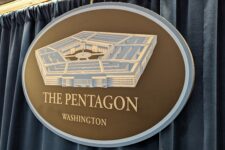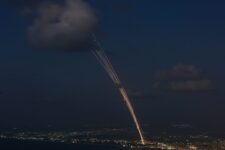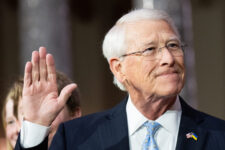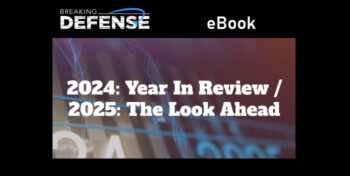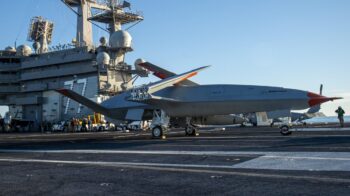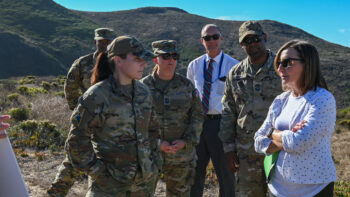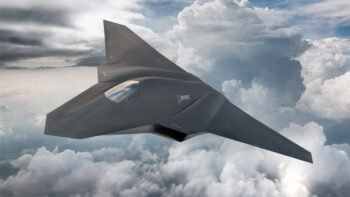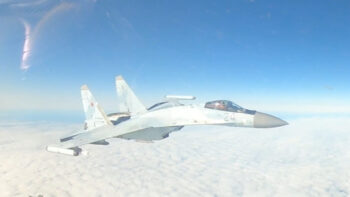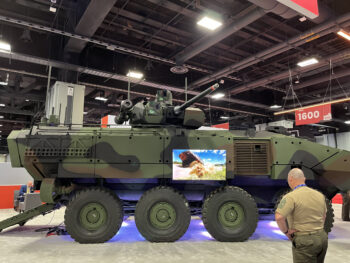
The Navy and Marines have a network. The Army has its knowledge online. The Air Force wanted to be the cyber czar. The Joint Staff has a network. NSA has a really big network. And then there’s the Department of Homeland Security and everyone else in government. Everyone has a network.
How do you make them effective and protect them? One experienced network guy who thinks big thoughts for the Defense Information Systems Agency (fondly known as DISA) has a dream about all the military networks. He’d like to see “one IT infrastructure” for the Army, Navy, Marines, Air Force and Joint Staff. Tony Montemarano is DISA’s head of strategy and he was speaking before at least 1,000 people attending a lunch sponsored by AFCEA about DISA.
Now Montemarano certainly didn’t stand up and advocate this position or say it was likely to happen, but you could hear the yearning in his voice as he made his statement. And he received the only applause the DISA panel attracted during its hour-long presentation today.
In search of my own dream, I asked the panel if they could describe why cloud-based systems are more secure than traditional networks. After all, many lawmakers (or defense journalists) don’t really understand the cloud, let alone how it is secured. You are putting all your good stuff in one place, so wouldn’t it be easier to read it or steal it since you’ve now got everything sitting there waiting to be plucked?
I got a great answer from David Mihelcic, DISA’s chief technology officer: “It’s simple. Put all your eggs in one basket and watch it very carefully.” I spoke with the DISA panelists a bit after lunch and the cloud works this way, basically. All data sits in one virtual place. All computers that make up the networkcan be monitored and patched for security problems at once, as quickly as possible. You don’t have to worry about whether a security officer is going to update the machines he monitors, perhaps leaving a breach through which a determined hacker might find a route in. It gets done, automatically. And you only have one point of access so you so watch it like a hawk.
There was no mention today of cost savings from moving to the cloud, but the head of Cyber Command (and director of the national Security Agency), Gen. Keith Alexander, said in October at Geoint that the intelligence community expects to save up to 40 percent by moving to the cloud.
MQ-25 will fly in 2025, fly off carriers in 2026, says Navy’s air boss
Vice Adm. Daniel Cheever expressed confidence in the Navy’s ability to seamlessly integrate the new tanker into the air wing despite challenges associated with unmanned technologies and carrier flight operations.
